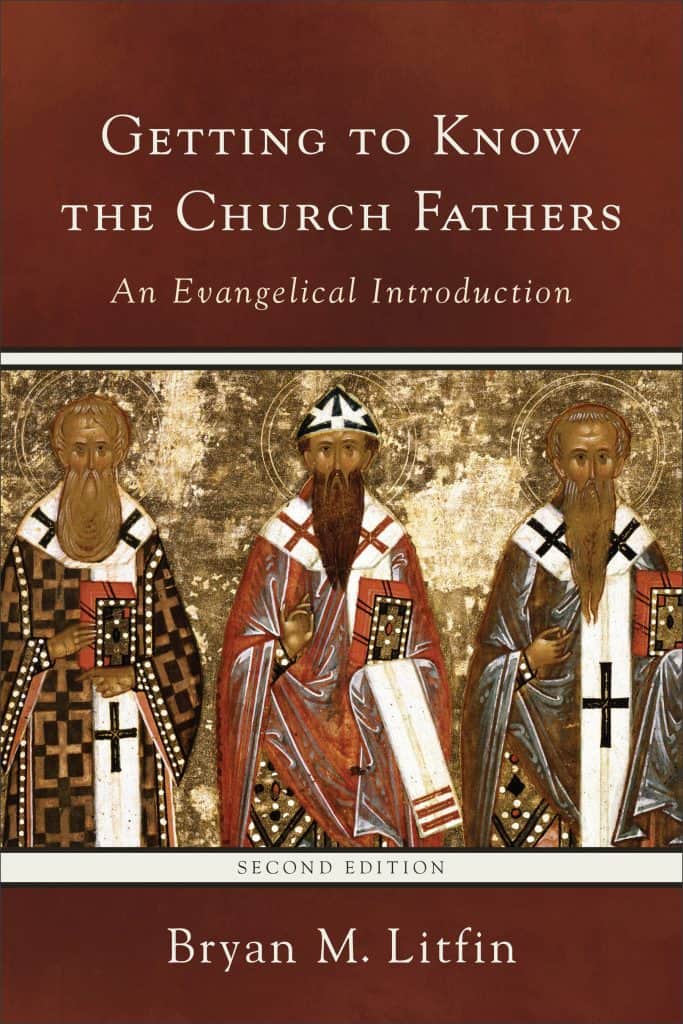⏱️ Estimated Reading Time: 3 min read
Many Christians know that the church fathers play a significant role in the development of what we know as “church” today, but few probably understand the gravity of what they did, and the wisdom that they can offer us. Of course, we know names like Augustine, and many of us have even heard of figures like John Chrysostom and Origen, but don’t really see what level of significance that they should play in developing our theology, how we read God’s Word, and how we live the Christian life. Without a significant amount of study of their works, we also miss the countless anecdotes that make up what we know as church history.
That’s why Bryan Litfin’s volume on the church fathers is so important for our libraries, for our preaching, and for our devotional use. Getting to Know the Church Fathers is a synthesis of a few of the key highlights of early church history, selecting a dozen key figures and pointing us to their significance in their times and in ours. Litfin says that the fathers “help us to get in touch with the general thrust of the Christian faith” (16). Both doctrinally and communally, we gain momentum in running the race for Christ that was plowed and set before us by these pioneer figures. To help “continue” the discussion, each chapter is followed up with “provocative questions” helping us apply what we’ve been reading to our own theology and practice. Litfin’s inclusions of “A Taste Of…” for each father provides a significant excerpt from their writings, in their own words, to give the reader a feel for what kind of work they offered the church. Litfin also equips the reader with key works to read, for further study.
Here are the 12 church fathers discussed in the book:
Ignatius of Antioch
Justin Martyr
Irenaeus of Lyons
Tertullian of Carthage
Perpetua of Carthage
Origen of Alexandria
Athanasius of Alexandria
Ephrem the Syrian
John Chrysostom
Augustine of Hippo
Cyril of Alexandria
Patrick of Ireland
Two of my favorite chapters were the ones on Ignatius and Origen. Ignatius is a figure I have read very little about prior to this book, so learning about one of the truest trailblazers of the faith was very insightful and interesting to me. Ignatius’ authenticity and honesty through the circumstances of his martyrdom were very sobering and encouraging to me, especially in reading his own Letter to the Romans except, of which I highlighted so much. Origen is an often-misunderstood church father, as many theologians and students discredit his influence. Because of his constant allegorizing in Scripture, “many evangelical Christians suppose he wanted to undermine the true meaning of the Bible. Nothing could be further from the truth” (124). In fact, Origen’s influence, when read within the context of the limits of allegory, is significant and to our benefit.
Bryan Litfin has undergone a difficult journey, of carefully studying the church fathers with the intent of making their work more accessible to the average Christian. This is nothing to bat an eye at. Thankfully, I have come across this particular volume. If someone comes to me asking for more information about the church fathers and their work, I am pointing them to this book.




